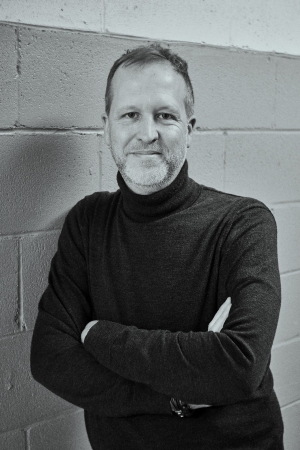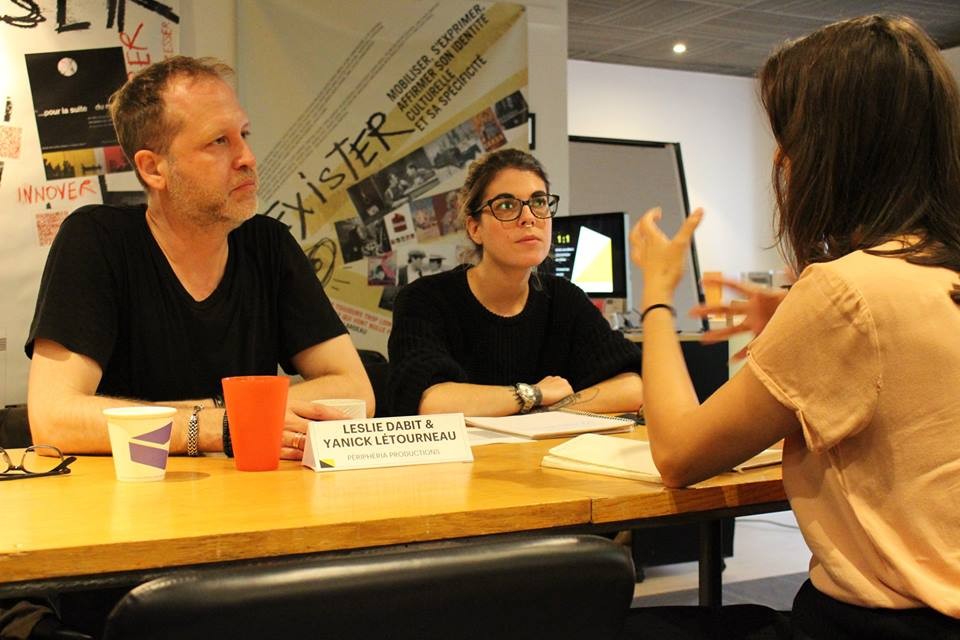For Yanick Létourneau, BA 96, having a film shortlisted for an Oscar nomination is as fantastic as the tale of the film itself, Night of the Kings (La nuit des rois).
His Montreal-based production company, Peripheria, co-produced the film, which gained recognition from the Academy of Motion Picture Arts and Sciences in the International Feature Film category.
“When I read the script, I felt this film had that spark that made it different from anything else,” Létourneau says.
The Ivory Coast movie, directed by Philippe Lacôte, is about a young man who is sent to the notorious Abidjan prison, MACA (Maison d'arrêt et de correction d'Abidjan), on the eve of the storytelling night of the red moon. He is chosen by an inmate leader to spin a tale for the prison’s power-hungry factions to last the night’s duration — or face death.
The film is not violent, but immersive and poetic, according to Létourneau. “You’re in another world. It’s somewhere between a theatre play and an ambitious tent-pole Hollywood film.”
For the production of Night of the Kings, Peripheria provided many key roles, such as director of photography, editor, composer, sound design and lighting. Létourneau is proud of how his crew’s technical know-how helped to bring the director’s ambition to life. And in what already feels like an Oscar win, Neon — the film and distribution company that backed Parasite, last year’s South Korean Oscar-winner — is distributing Night of the Kings for North American audiences.
 Yanick Létourneau, BA 96 | Photo: Viven Gaumand
Yanick Létourneau, BA 96 | Photo: Viven Gaumand
 Létourneau, pictured with Leslie Dabit, head of development at Peripheria, listening to project pitches.
Létourneau, pictured with Leslie Dabit, head of development at Peripheria, listening to project pitches.


